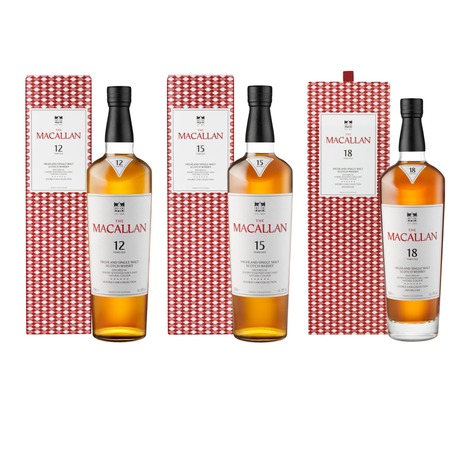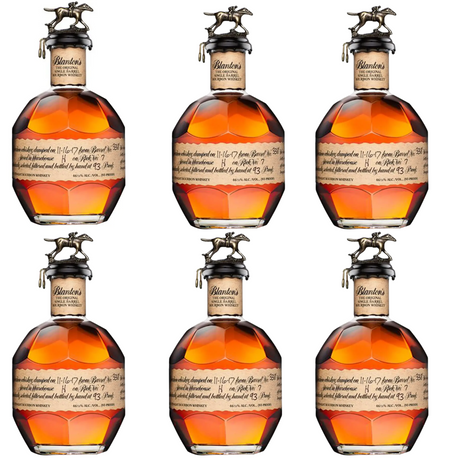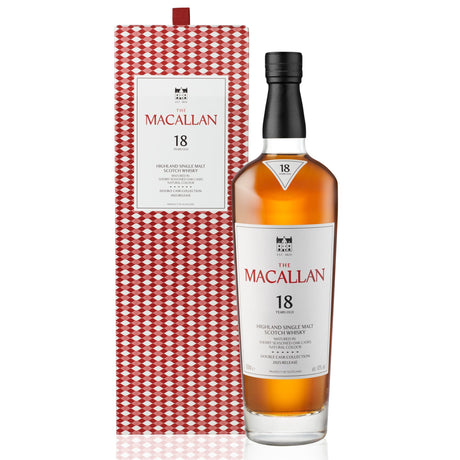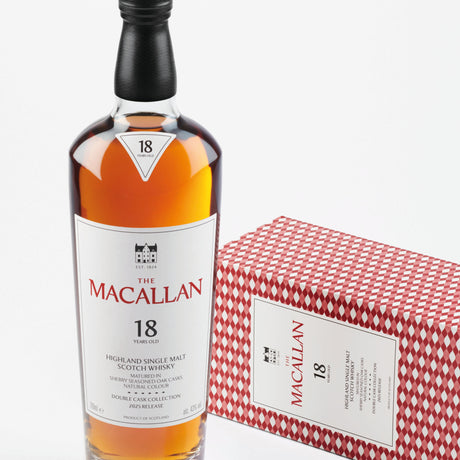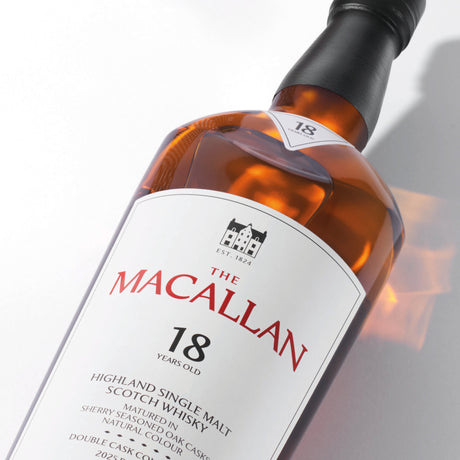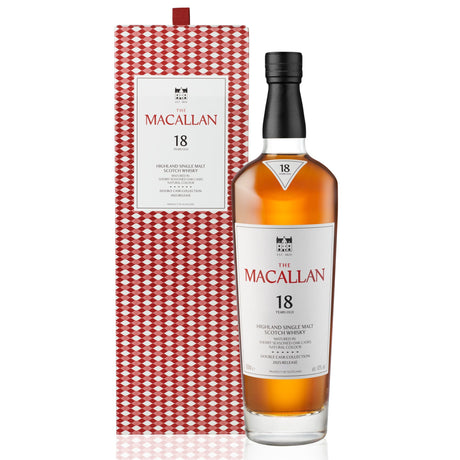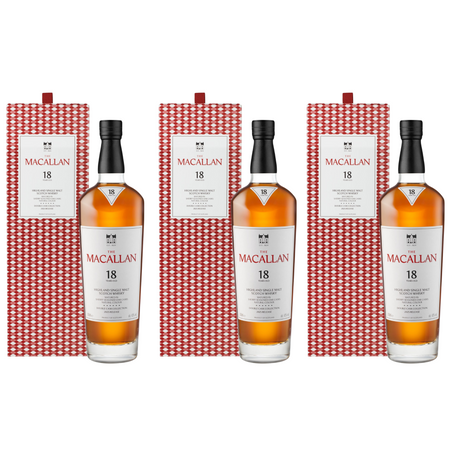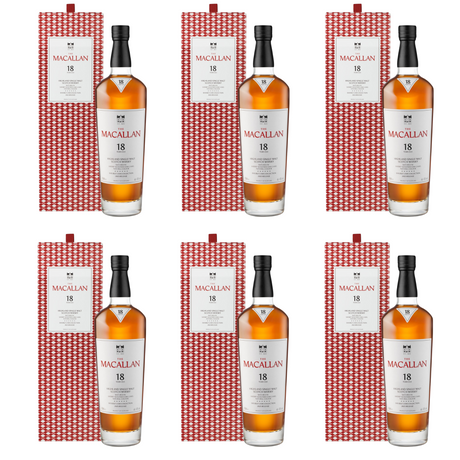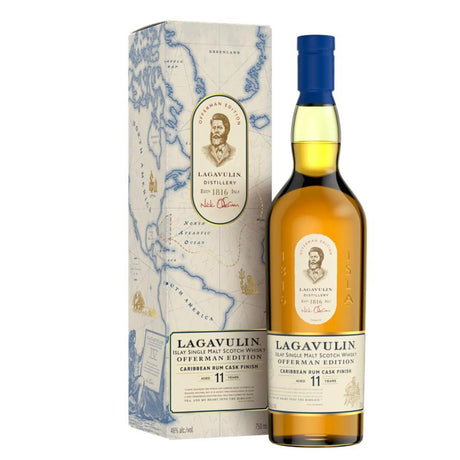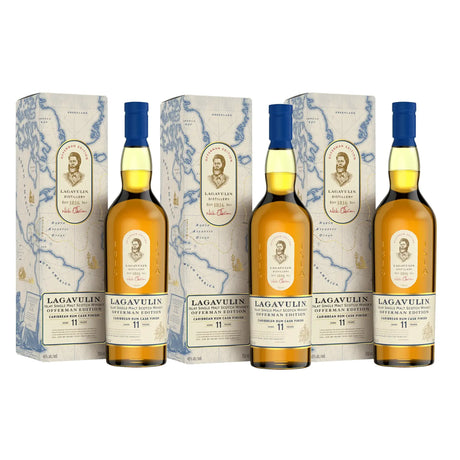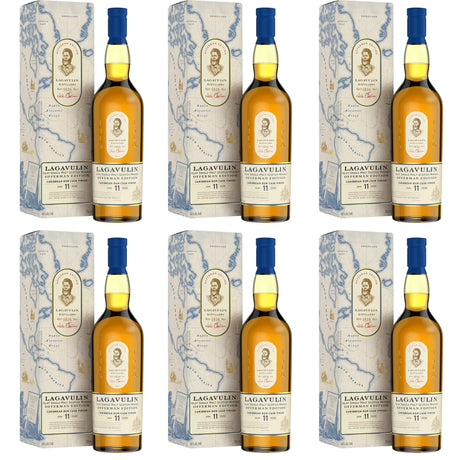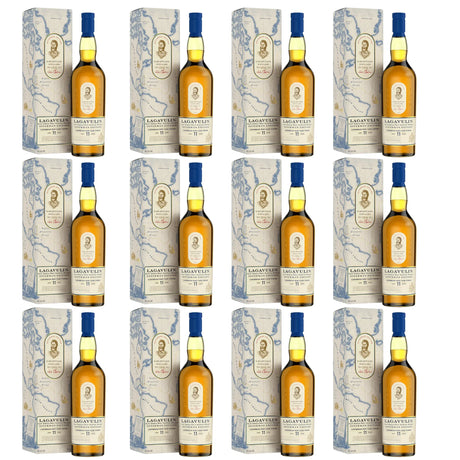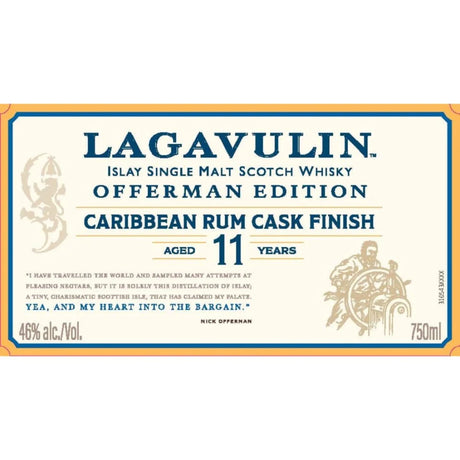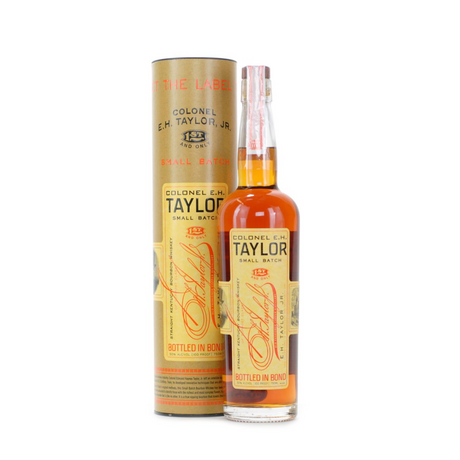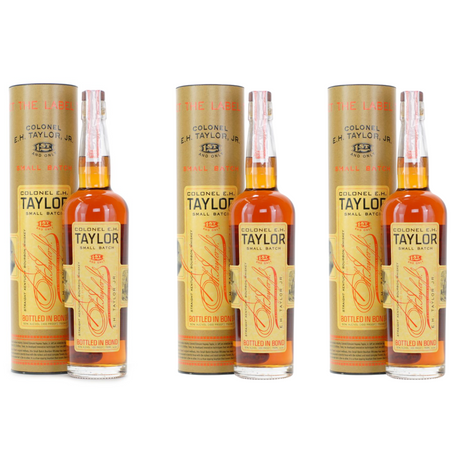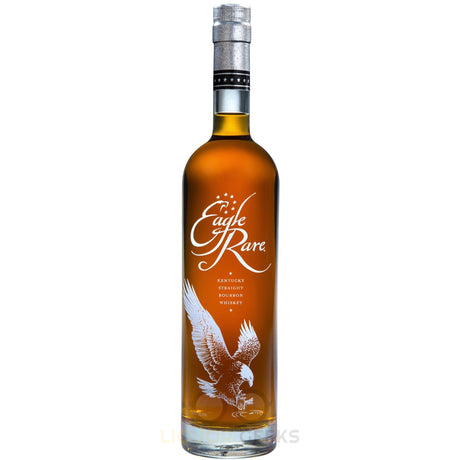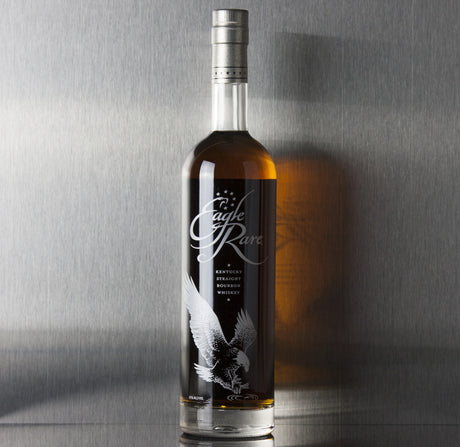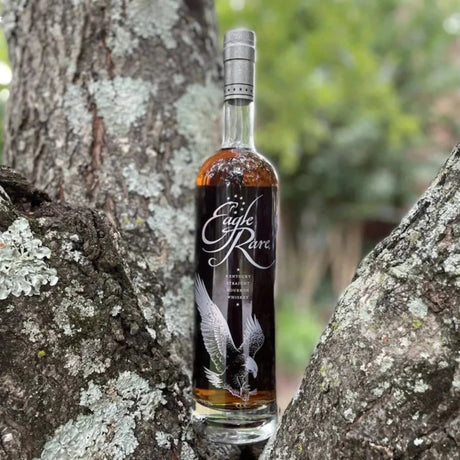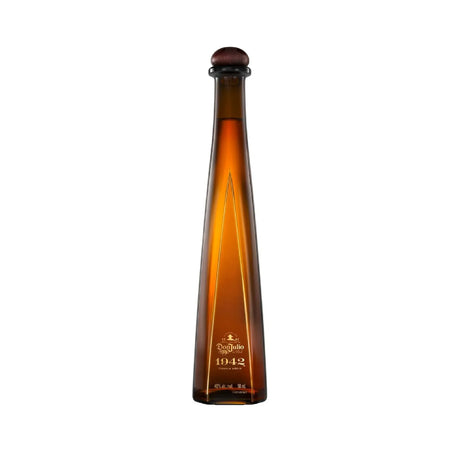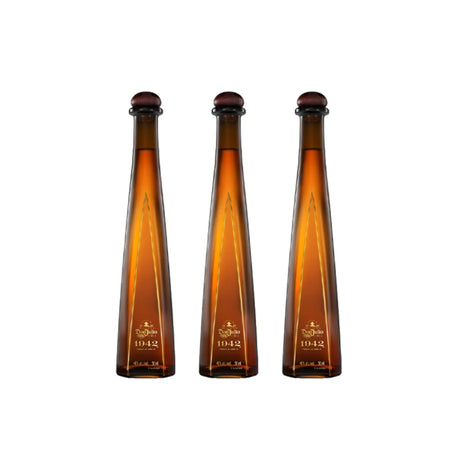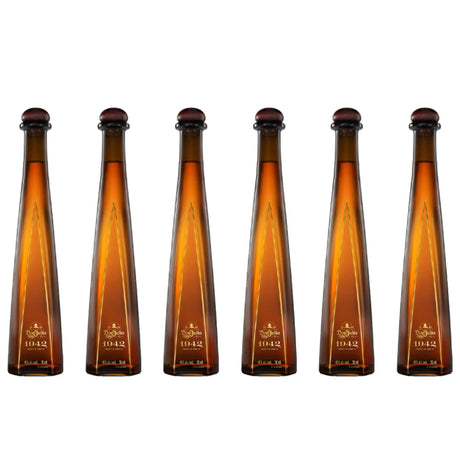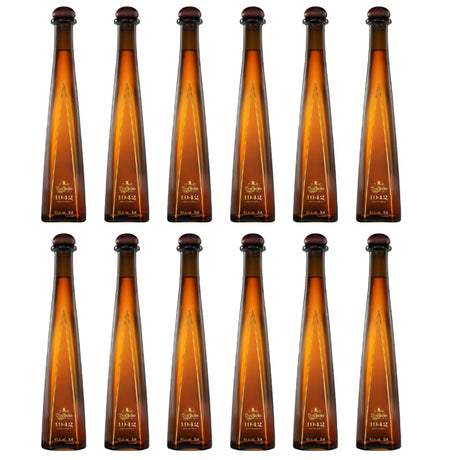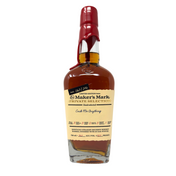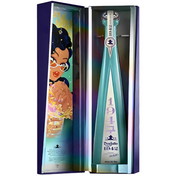A superb cocktail starts with a single, important step: choosing the right vodka. If you think all vodkas are the same, you should think again because the vodka you choose can seriously impact the flavor, texture, and overall balance of your drink. Different vodkas are made from various base ingredients, each bringing unique characteristics. Filtration methods, alcohol content, and even the region of origin all play a role. So, if you are considering preparing a Bloody Mary, Martini, or Cosmopolitan like a seasoned bartender, this article is the right place to be. Let’s walk you through every single detail about this spirit and eventually help you prepare a perfect pour every time by picking the best vodka for cocktails.
Why Is Vodka So Popular?
Before heading to the notable tips when picking a perfect vodka, let’s first explore the reasons behind its popularity:-
Unmatched Versatility in Mixology
Unlike gin, whiskey, or rum, each with bold and defining flavor profiles, vodka serves as a blank canvas. This minimalist approach allows for endless customization, appealing to both creative bartenders and casual drinkers alike. Infusions with fruits, herbs, or spices are popular both at home and commercially, further expanding their range.
Popularity Among Health-Conscious Drinkers
Vodka is often the spirit of choice for calorie-conscious consumers. A standard 1.5-oz shot contains about 96 calories and no carbs, fats, or sugars, making it a preferred base for low-calorie cocktails when mixed with soda water, lemon juice, or other zero-sugar mixers. Lemon Lime Smirnoff, for instance, offers a refreshing, citrus-forward option without added sugars. It aligns well with modern wellness trends, especially among those looking to drink “lighter” without sacrificing social rituals.
Cultural and Historical Reach
Vodka’s roots trace back to Russia and Poland as early as the 8th or 9th century, but its worldwide popularity skyrocketed in the 20th century. In post-war America, vodka was marketed as an odorless, tasteless spirit, ideal for the modern, fast-paced lifestyle. Campaigns like “It leaves you breathless! Smirnoff Vodka” and product placements in Hollywood films helped establish vodka as a fashionable and socially acceptable spirit, especially among women and younger drinkers.
Widespread Social and Culinary Integration
Vodka transcends cultural boundaries. It’s consumed in shots at Russian banquets, used in delicate Italian pasta sauces, and served in high-end cocktails for vodka at luxury bars worldwide. Its broad appeal makes it equally at home in casual settings and fine dining experiences, giving it a unique position in both social and culinary spheres. A thoughtfully curated vodka gift set is also a go-to choice for holidays, birthdays, and housewarming events.
Tips For Choosing The Best Vodka For Your Cocktails
Prefer Vodka Based on Its Core Ingredient
- Wheat Vodka – The most common type, especially in Western Europe. Wheat-based vodkas (e.g., Grey Goose, Absolut) are typically smooth, clean, and slightly sweet. They mix well in cocktails and are widely considered "classic" in flavor profile.
- Rye Vodka – Known for being spicier and drier than wheat vodkas. Rye-based options (like Belvedere) have a slightly peppery finish and are often favored in martinis or other spirit-forward cocktails.
- Potato Vodka – Common in traditional Polish and some Scandinavian vodkas. These are generally creamier and fuller in body, with a subtle earthy taste (e.g., Chopin). They work well in cocktails where a richer texture is desired.
- Corn Vodka – Often gluten-free and subtly sweet, corn-based vodkas (like Tito’s Handmade Vodka) are light, clean, and smooth—ideal for sipping or simple highballs.
- Grape or Fruit Vodka – Less common but growing in popularity. Grape-flavoured vodkas (e.g., Cîroc, Mont Blanc vodka) offer a lightly fruity character and a silky mouthfeel. These are often marketed as premium or luxury options.
Consider the Filtration Method for Purity and Texture
- Charcoal-Filtered Vodka – The most common technique. Charcoal removes impurities and softens the final product, creating a clean, crisp vodka.
- Crystal or Quartz Filtration – Used by premium brands for a more refined mouthfeel. This process is less about taste and more about ultra-smooth texture.
- No-Filter or Minimal-Filter Vodka – Niche or craft distilleries sometimes skip filtration to preserve character from the base ingredients. These vodkas may taste more “raw” or complex. A good example is Conciere vodka, which offers complexity and richness without over-processing.
Decide Between Neutral, Flavored, or Botanical Vodkas
- Neutral Vodka – Traditional vodka is prized for its neutrality, serving as a base for countless cocktails.
- Flavored Vodka – Infused with natural or artificial flavors like citrus, berries, vanilla, or even chili. Flavors like Burnett's Coconut Vodka or Taaka Vodka Peach are fun, tropical options that bring summer vibes to any drink.
- Craft or Botanical Vodka – A growing category that infuses subtle botanicals (e.g., cucumber, herbs, tea). These are often aimed at health-conscious or flavor-curious consumers and offer an alternative to gin.
Explore Vodka Origins for Unique Style and Character
- Russian & Polish Vodkas – Known for robust tradition and authenticity, often bold and rich.
- Scandinavian Vodkas – Typically cleaner and drier, emphasizing purity and simplicity.
- American Vodkas – Innovative and diverse, ranging from small-batch craft spirits to mass-market options.
- French Vodkas – Often grape-based and luxurious, focusing on smoothness and elegance.
Match Oiliness to Mixer Texture
Vodka’s mouthfeel (oiliness vs. crispness) can drastically affect cocktail balance. Use viscous vodkas (e.g., potato-based or minimally filtered) in creamy or stirred cocktails (such as the Espresso Martini or White Russian) for a smoother blend. For highball-style drinks (such as Vodka Tonic and Vodka Soda), opt for dry, lean vodkas for a refreshing, clean finish. For example, Skyy Espresso Vodka adds depth to an Espresso Martini with a roasted coffee edge.
Consider Glycerol Content for Mouthfeel
Some vodkas naturally retain glycerol, a compound that adds body and slight sweetness. Brands that avoid aggressive filtration may retain more glycerol, thereby enhancing texture without the need for added sugar. This can subtly enrich citrus-heavy or herbal cocktails without altering the flavor profile.
Mind the pH for Acidic Mixers
Cocktails with citrus (e.g., Cosmopolitans, Lemon Drops) benefit from vodkas with neutral to slightly basic pH. Overly acidic vodkas can make the drink taste sharp or sour. Look for brands that disclose pH levels or test small batches if crafting cocktails professionally.
Choose Vodka Based on Ice Dilution Rate
High-proof vodkas (over 40% ABV) dilute more slowly when shaken or stirred with ice, preserving strength in long or shaken cocktails. Use these when you want stronger flavor retention post-dilution (e.g., in Dirty Martinis or Vodka Collins).
Avoid Additive-Laden Vodkas for Clear Cocktails
For cocktails like Vodka Martinis or Vodka Gimlets, avoid vodkas with additives (e.g., added sugars or flavor enhancers) even if they're unflavored. These can cause visual clouding or off-notes when chilled or mixed with citrus. Clean options, such as pearl plum vodka, combine fruit essence with a smooth finish while maintaining clarity and mixability.
Conclusion
Instead of just picking a brand, picking the right vodka means knowing about its taste, clarity, base ingredients, and how each of these affects your drink. A good range of mixers can make any drink better, from a good Espresso Martini to a great Vodka Tonic. To get better at mixing drinks, remember these expert tips. And when looking for the best vodkas for cocktails, explore our collection at Liquor Geeks, from premium brands to budget favorites like Kamchatka vodka, for your next perfect cocktail.





